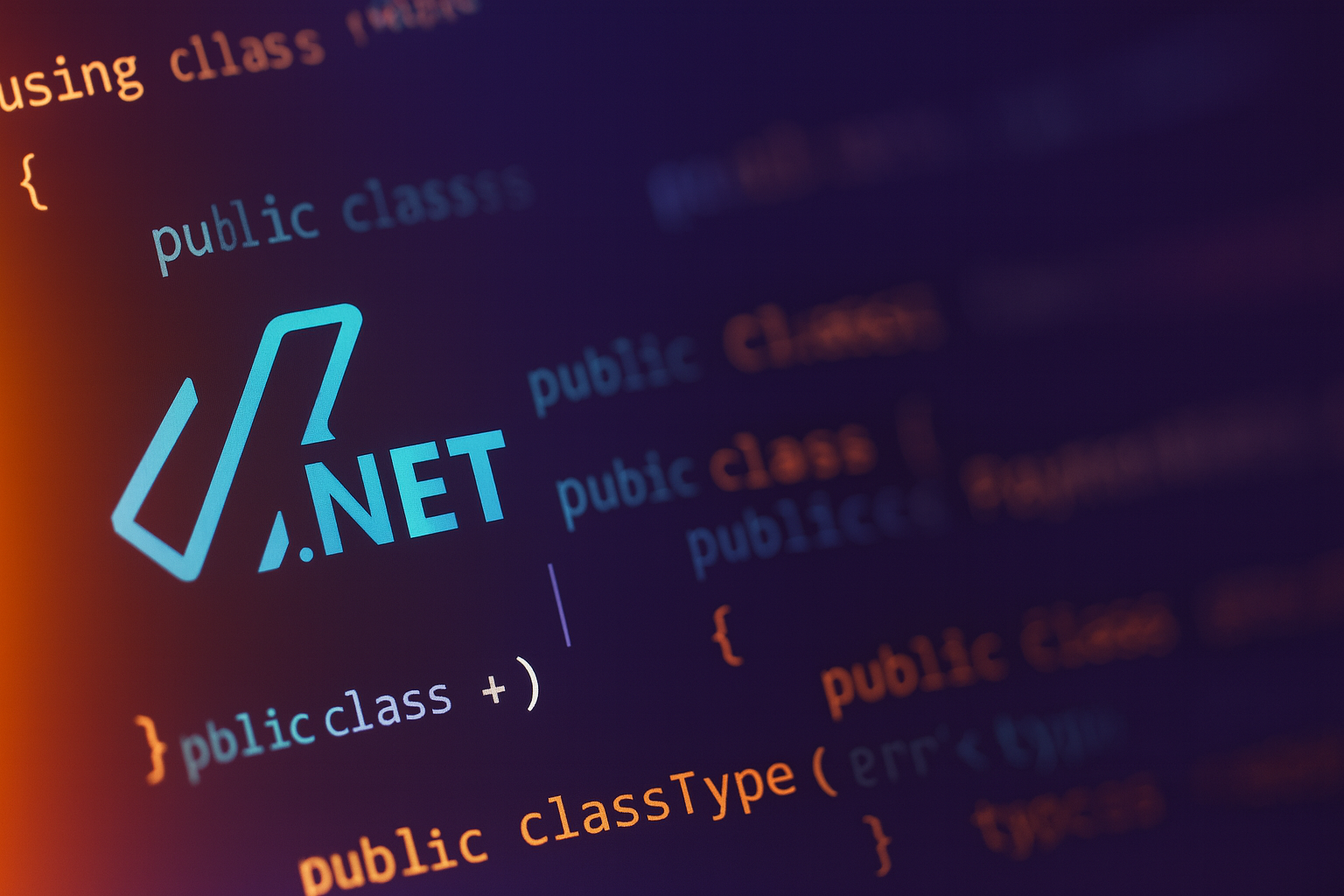
Designing Software for Change: Why Modularity and Boundaries Beat Big Rewrites
Rewrites look tempting but rarely fix the root cause. The real answer is software built for change: modular boundaries, stable contracts, and evolution without big bangs.
Build software that can evolve without rewrites, balance pragmatism with longevity, and keep complexity from owning you.
Software development is less about typing code and more about shaping systems that can survive change. Frameworks will age, requirements will shift, and teams will turn over. The real craft is writing code that absorbs this churn without collapsing into rewrites or paralysing the roadmap. Good development is not about clever abstractions; it is about boundaries, contracts, and clarity that let teams move fast without breaking each other.
This section focuses on practices that make codebases future-ready: modularity that keeps changes local, clean architectures that isolate business rules from infrastructure, APIs treated as contracts, patterns for safe evolution like feature flags and strangler replacements, and discipline around testing and CI/CD that keeps delivery continuous. It is about writing software that is boring in the right places and adaptable in the rest.
Expect pragmatic guidance: how to avoid over-engineering while leaving room for scale, how to manage technical debt you can live with, how to design APIs as products, and how to grow a codebase that teams actually want to inherit. In the end, the goal is simple: build systems that are not just correct today, but still a joy to work in five years from now.

Rewrites look tempting but rarely fix the root cause. The real answer is software built for change: modular boundaries, stable contracts, and evolution without big bangs.